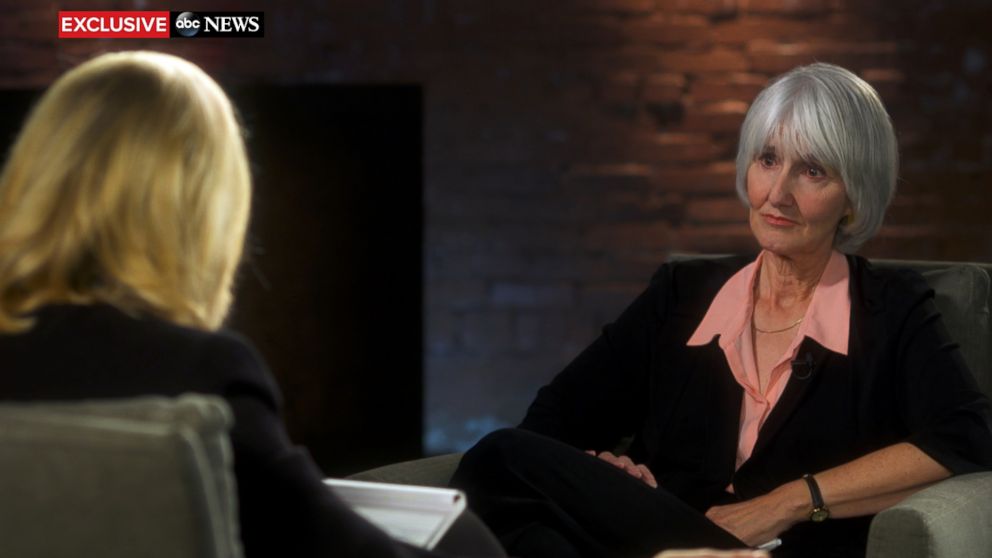Columbine killer's mother Sue Klebold on relationship with her son, warning signs she missed, what she went through after the tragedy
— -- On April 20, 1999, Dylan Klebold and Eric Harris walked into Columbine High School, carrying weapons and homemade bombs, and began slaughtering their classmates. They killed 12 of their fellow students and a teacher, and wounded 24 more people before turning the guns on themselves.
The Columbine massacre not only shocked the community of Littleton, Colorado, but stunned the nation and forever changed how school administrations and law enforcement handle school shootings.
Sue Klebold, Dylan Klebold's mother, believed that like many parents, she was sure she would have known if something were wrong with her son -- but all that changed after the tragedy.
“Before Columbine happened, I would have been one of those parents,” Klebold told Diane Sawyer in an exclusive interview for a special edition of "20/20." “I think we like to believe that our love and our understanding is protective, and that ‘if anything were wrong with my kids, I would know,’ but I didn’t know, and I wasn’t able to stop him from hurting other people. I wasn’t able to stop his hurting himself and it’s very hard to live with that.”
After Columbine: Experts Offer Tips for How to Talk to a Troubled Child
Resources for Suicide Prevention, Mental Illness Concerns, Helping Parents Cope
'A Mother's Reckoning' by Sue Klebold
FULL COVERAGE: Diane Sawyer's Exclusive with Sue Klebold
In Sawyer’s exclusive interview, Klebold talks about her relationship with her son, the warning signs she missed and the grief and shame she has grappled with for 17 years. This special edition of "20/20" also examined teenage mental health issues, included expert interviews about how to spot and help a troubled child and how other school shootings were prevented.
This was Klebold’s first television interview since the Columbine attacks. The interview coincides with the release of her new memoir, “A Mother’s Reckoning: Living in the Aftermath of Tragedy,” out on Feb. 15. Klebold said she is donating her book profits towards research and charitable foundations focusing on mental health issues.
She has decided to come forward in hopes that sharing her story will help other parents and caregivers possibly learn from her experience and recognize when a child might be in crisis.
“I want people to be aware that things can seem awfully right when things are terribly, terribly wrong,” she said.
Below are a few things Sue Klebold spoke about in the interview:
What Sue Klebold Wants to Say to Columbine Survivors and Victims' Families
“The one thing, of course, that I want to say is I am so sorry for what my son did, yet I know that just saying ‘I’m sorry’ is such an inadequate response to all this suffering,” Klebold said. “There is never a day that goes by where I don’t think of the people that Dylan harmed.”
“You use the word ‘harmed,’” Sawyer observed.




